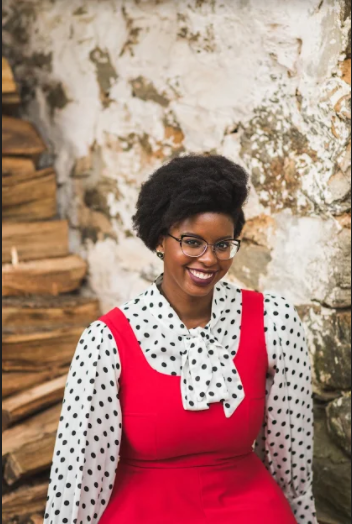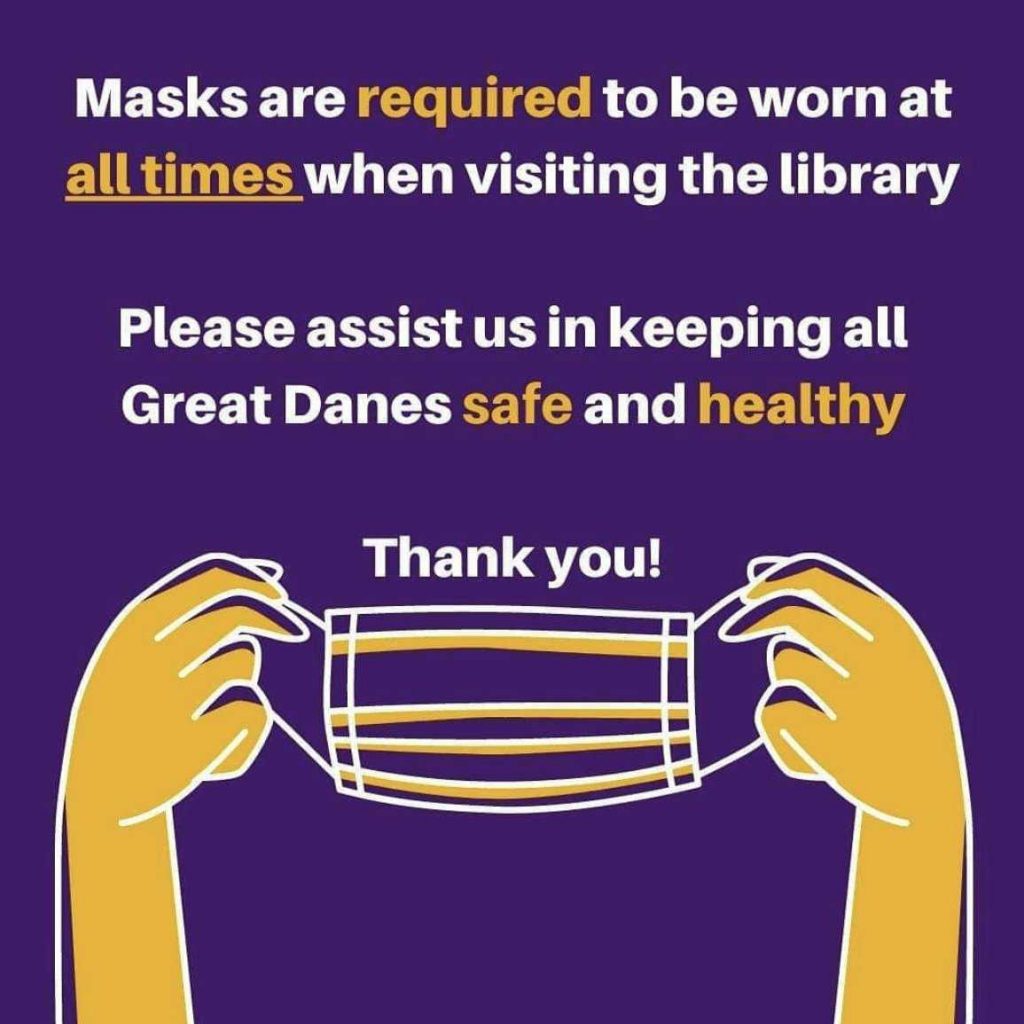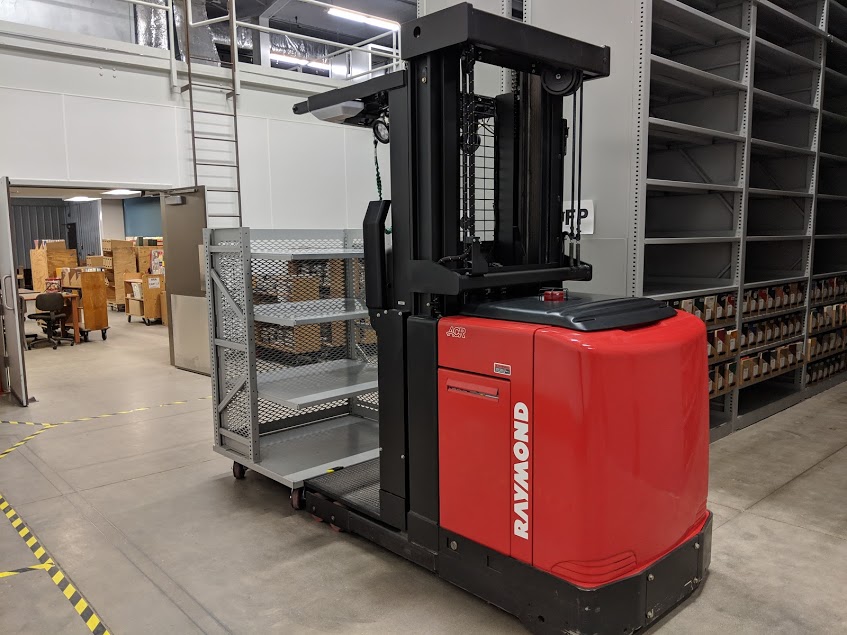Perspectives, an interview series that will highlight the work of librarians in different fields and professional specializations. Our series will focus on the experiences of our participants, what they do, what they have learned, and offer advice to those interested in librarianship and various fields. To our readers, our committee hopes this column will highlight the valuable labor these individuals perform on an everyday basis. Our interviews will provide perspective on what labor in these fields entails and current issues that affect librarianship, employment, etc. On behalf of the Communications Committee, we hope you find this new column illuminating, informative, and inspiring!

Tell us about your current job and what about your job you enjoy the most.
I’m a law librarian for a federal courthouse. I really enjoy the legal research aspect of my job best. The research questions I receive are all so different and often complex. Whether it’s taking field trips to the National Archives and Records Administration to comb through old court records that were never digitized or using the Internet Archive’s Wayback Machine to unearth a PDF of a court handbook from the ‘90s, my job is never boring (at least not to me).
What drew you to the field of librarianship?
A natural and unbridled sense of curiosity, a love for the pursuit of knowledge, an unquenchable thirst for learning new things, and the desire to use all of those traits to help others.
In addition to your job in librarianship, what else occupies your time?
I am a writer and an editor. I am about 75,000 words into the fantasy novel I’ve dreamed of writing since I was a Tolkien-loving little girl, and have stories published or forthcoming in Smokelong Quarterly, X-R-A-Y Literary Magazine, and midnight & indigo. Additionally, I’m co-founder of a quarterly magazine, website, and podcast called The Sartorial Geek.
Can you describe a memorable moment in your career?
When I was first hired I felt out of my element as there were so many aspects of the world of legal librarianship that were completely foreign to me. Pretty early on in my tenure, I received a research question that involved creating a replicable search in Westlaw that could find the exact number of Court of Appeals opinions a specific judge authored. The searches I was given as examples were well-crafted and complex but I came up with a simple proximity search that yielded surprisingly accurate results. The idea for the proximity search only came to me because I was new to the field and thought, “There has to be an easier way.” Turns out, there was! That was the first time I felt like not only did I have what it took to thrive at my job, but I was also bringing a new and valuable perspective to the table.
What are some things you know now about your job/librarianship, that you wish you had known before entering the field?
I’m an introvert who can morph into an extrovert in a professional setting. As a librarian, I’m asked to be extroverted a lot more than I originally anticipated. In my job, I am tasked with copious amounts of training and public speaking responsibilities. I also chair various committees, teach webinars, and interact with myriad people throughout the day. Since I am currently a branch librarian for one of our circuit’s satellite branches, I also manage an employee, and have to deal with a lot more building maintenance issues than I assumed I would.
What kinds of professional development do you do?
Anything and everything! I love expanding my knowledge/skillset. Currently, I am taking coding and database management classes. AALL has a wealth of professional development resources for law librarians. Pre-pandemic I’d attend monthly lunch and learns with local law librarians (from law firms, academic libraries, etc.). I even co-chair a federal law librarian Professional Development committee.
What are some current professional obstacles in this field that upcoming professionals should know about?
You can have the best programming, the greatest resources, and the most dedicated staff in the world and it won’t mean a thing if no one knows about it. Be prepared to aggressively market your resources, prove your relevance, and demonstrate your value to stakeholders on a regular basis.
What do you think some misconceptions about librarians/libraries/librarianship are?
That our profession is obsolete or that we only deal with books. Nothing could be further from the truth.
Is there one piece of advice you have received in your career thus far that stands out the most (that you carry with you in your work)?
Don’t be afraid to challenge yourself or do things that scare you.
What professional advice would you give to graduate students who are about to enter the field?
Apply for any job that looks interesting to you and that plays to your strengths. Even (especially) if you do not think you are qualified. I had an interest in law librarianship with experience in only academic libraries and I didn’t let that stop me from putting my best foot forward and applying anyway. And here I am, almost five years later, thriving in a job I absolutely love. I can’t imagine doing anything else for a living.




